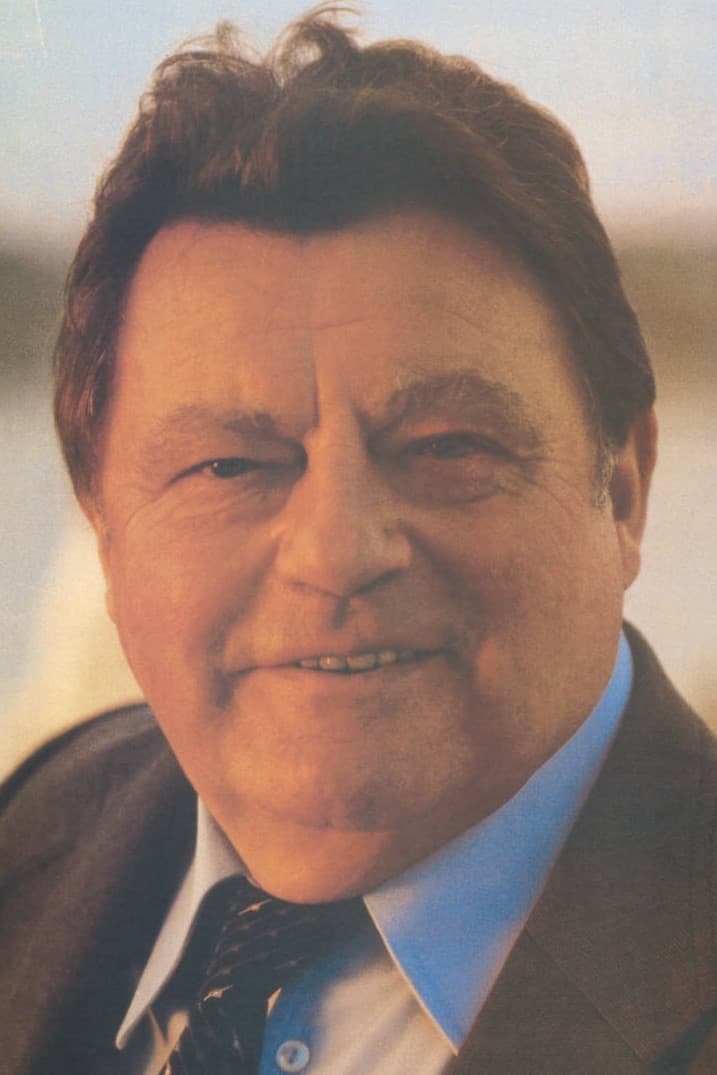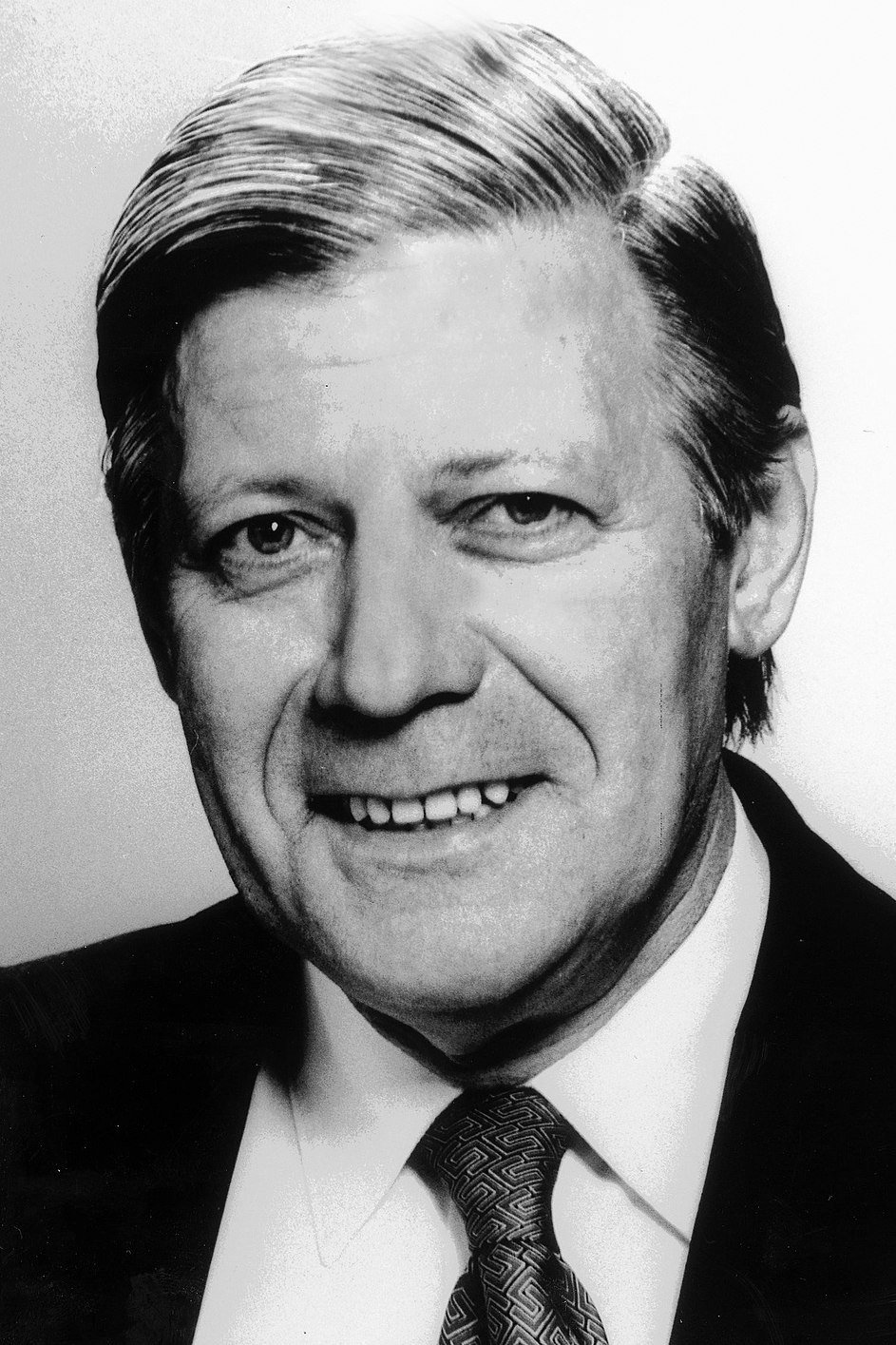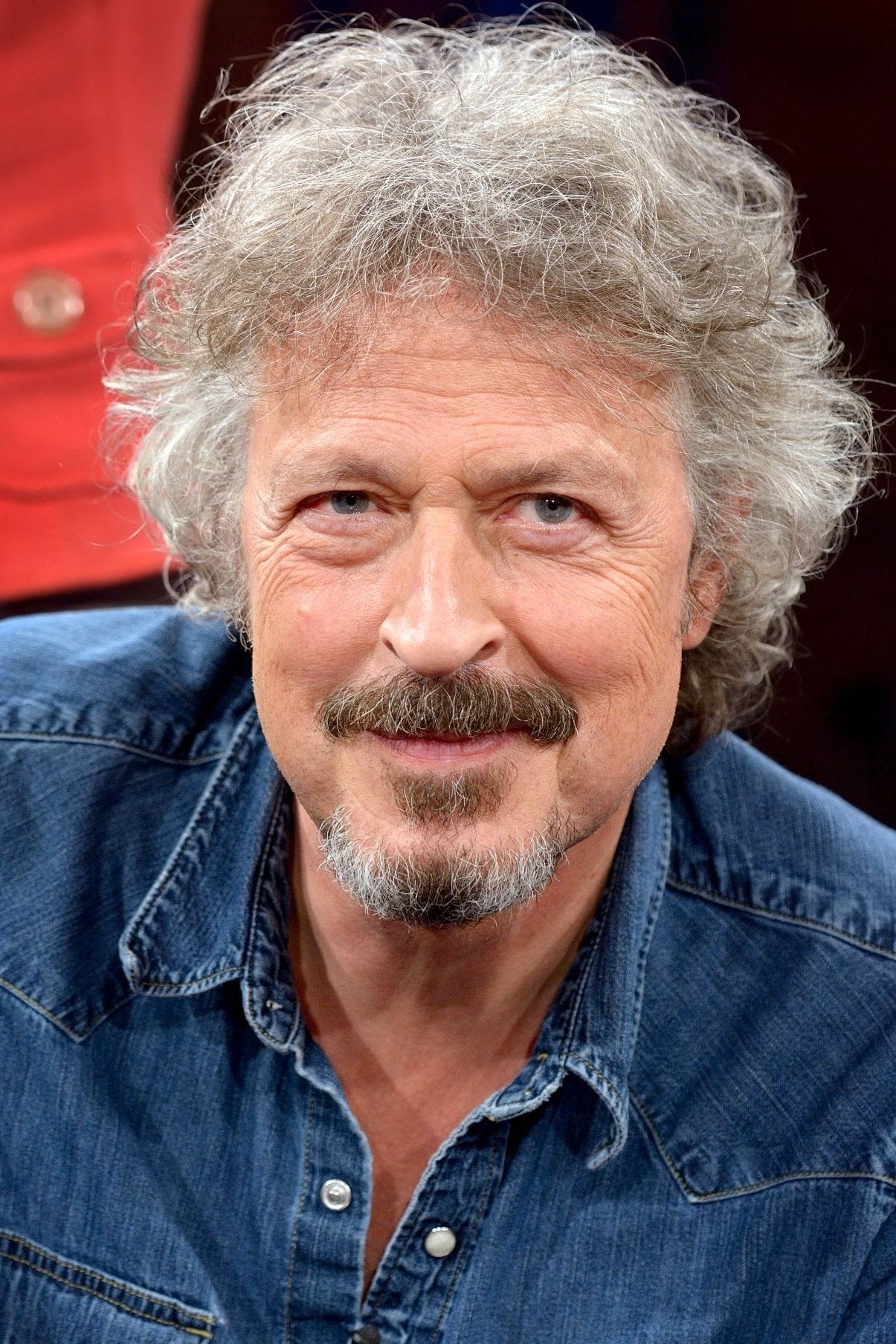
Radikal an der Basis: Das Nürnberger KOMM
The Nuremberg communication center, known as “KOMM” for short, was a nationwide pioneer. The social, youth and cultural policy experiences of that time can be found today in countless institutions throughout Germany - in the art/cultural education work of “high culture” as well as in the self-image of open district centers and cultural offerings for all social groups.


